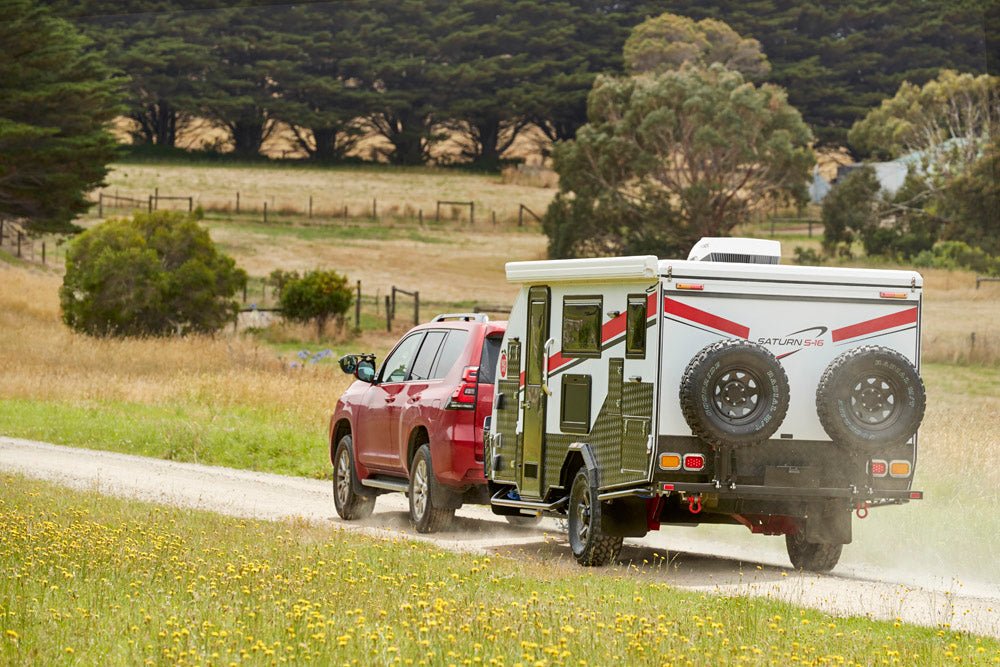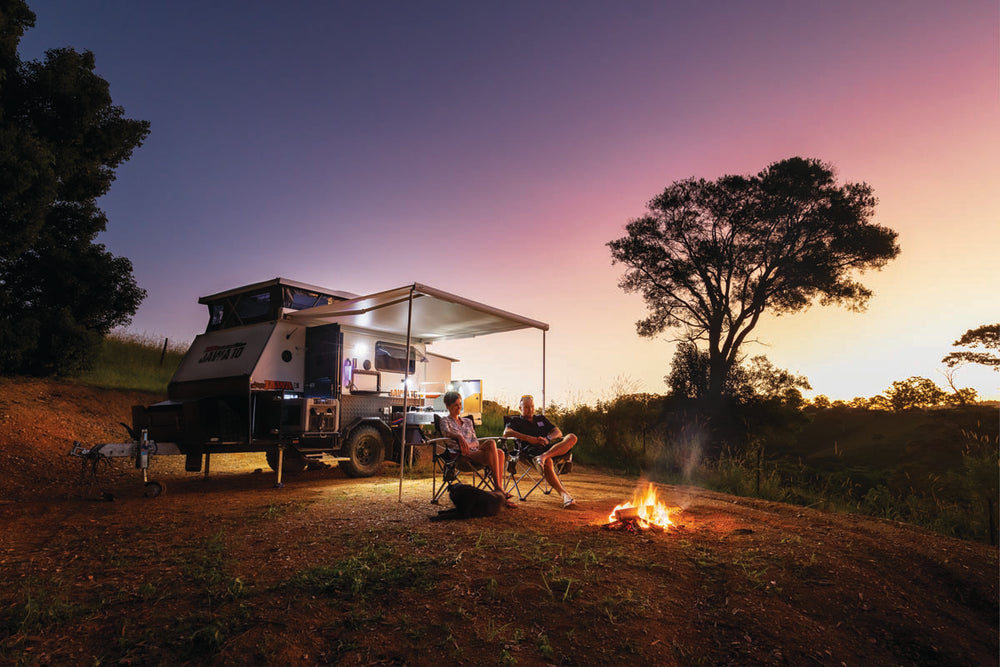Do your homework

Here, in the final instalment of a two-part series, industry stalwart Colin Young — Caravan Council of Australia (CCA) honorary manager — offers myriad invaluable ‘buyers' tips’.
His main piece of advice is to have a good idea of what you are after — and stick to it.
“Don’t get talked into buying something that does not ideally suit your desired travel plans or is outside of your budget,” Young says. “Buying a caravan is a very big investment, and it is essential that a potential buyer thoroughly does their homework beforehand, to best ensure that they make a sound and wise investment,” he adds.
According to Young, ‘self-certification’ of caravans unfortunately does not provide potential buyers with anywhere near the same degree of assurance of compliance or quality compared with motor vehicles, where all compliance evidence is examined by Vehicle Safety Standards before a new vehicle model is approved for Australia.
“In addition, a sample vehicle is thoroughly inspected by government officers, to ensure that the vehicle does indeed completely match the compliance evidence provided,” Young says.
“Motor vehicle manufacturers are required to have a professional quality assurance program in place, to best ensure that all future production vehicles are fully compliant.
"Clearly, the Federal Government has realised that there are a number of major shortcomings in the caravan industry, as new more stringent regulations are being introduced.”
RING OF CONFIDENCE
Young says it is a real concern that so many caravan manufacturers have gone out of business in recent times, hence a potential buyer needs to be ultra-diligent when selecting a new caravan, so as to have a high level of confidence in the future prospects of any particular company.
“In order to improve the professionalism of the industry — and to better protect potential buyers of caravans and camper trailers from bitter and costly disappointments and traumas — hard-hitting questions must be asked for response from a supplier,” Young adds.
“If a supplier is unable — or unwilling — to answer any question, a potential buyer may well wish to ask ‘why?’ and seriously consider if they feel comfortable doing business with them, and handing over a lot of dollars to them.
“One would hope that a professional dedicated manufacturer, or dealer, definitely would not object to answering any of the questions, knowing that some competitors might object — as nothing is confidential, and that they would welcome the opportunity to make a sale."
Young says dealers should realise that the buyer would be completely happy with both the product and the service if they are open and up front with them, and would sleep well at night knowing that the van was in top-notch condition, and extremely unlikely to present any problems in the future.
These important questions are in addition to having the supplier complete and sign compliance and pre-delivery checklists.
GREAT EXPECTATIONS
Young advises buyers to expect the dealer to take typically four-plus hours to fully inspect, test and explain all items.
"Do not be pushed, do not assume anything and take your time to be sure you understand fully," he says. "Ensure you have at least a basic understanding of the Australian Consumer Law.”
“You are making a major investment. Make sure you do not finish up with any regrets.”
Young says many problems and complaints would have been avoided if buyers had been much more thorough in selecting their RV.
“Buying a high-quality, fully compliant RV from a respected and knowledgeable dealer or manufacturer will greatly increase the probability of having a safe, reliable and durable vehicle, with a high resale value,” he adds. “If a merchant cannot tick all of the boxes on the checklist by having a thorough knowledge of your proposed vehicle, be extremely careful.
“Clearly, the number one issue with vans and camper trailers — and by far the main reason for complaints and litigation — concerns ratings and masses,” Young says.
“There is much troublesome misunderstanding and confusion about the definitions of the relevant terms, especially Tare mass.”
In closing, Young reiterates his key message to RV buyers.
“Do your homework thoroughly before you buy a new caravan," he says.
The CCA may be able to assist buyers by suggesting some professional qualified engineers who can hopefully inspect the vehicle and prepare a report on a commercial basis.
This may be sufficient to encourage the dealer/manufacturer to reconsider their position on the issue. There is no obligation whatsoever to engage an engineer who has been named by the CCA.
If the issue is still not settled, it will be necessary to take legal action via a solicitor or Consumer Affairs. This is, of course, a last resort. In this case, it would be necessary to engage a suitable engineer to prepare an expert witness report.







